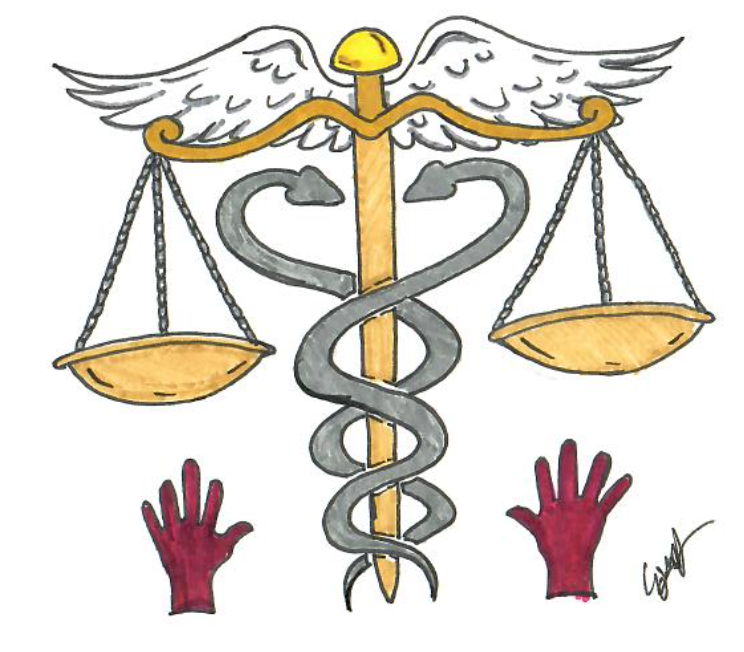The ISAT Self-Assessment Tool for Social Accountability of Faculties of Medicine: From Theory to Practice
Keywords:
Social Accountability, healthcare professional training, self assessmentAbstract
Faculties of Medicine are being urged to engage more and more in social accountability (SA), defined as the obligation to orient their education, research, and service mandates to respond to population needs. A concrete tool for SA institutional self-assessment (ISAT) was developed and has been housed since 2021 under The Network: Towards Unity for Health (TUFH). Standards and relevant indicators are included for each of the following components: students, faculty, educational program, research, governance and stakeholder partnership/engagement, school outcomes, and societal impact. The ISAT approach involves a wide consultation of stakeholders in order to identify the progress of the institution on a gradient of four developmental phases for each of the components. We found that the ISAT process can be divided into a sequence of four steps: planning, data collection and validation, assessment of developmental phases, and development of an action plan. Ensuring available human resources may be challenging. The movement towards greater SA can be viewed as an iterative loop that requires going through the sequence more than once to achieve institutional objectives. ISAT is an accessible and constructive tool that fosters continuous improvement of an academic health institution’s capacity to achieve its SA mandate.
Downloads
Published
How to Cite
Issue
Section
Categories
License
Copyright (c) 2023 Sharon Hatcher, Jessica Cyr, Jacques Girard (Author)

This work is licensed under a Creative Commons Attribution-NonCommercial-NoDerivatives 4.0 International License.
The Social Innovations Journal permits the Creative Commons License:
CC Attribution-NonCommercial-NoDerivatives 4.0
Under the following terms:
-
Attribution — You must give appropriate credit, provide a link to the license, and indicate if changes were made. You may do so in any reasonable manner, but not in any way that suggests the licensor endorses you or your use.
-
NonCommercial — You may not use the material for commercial purposes.
-
NoDerivatives — If you remix, transform, or build upon the material, you may not distribute the modified material.
- No additional restrictions — You may not apply legal terms or technological measures that legally restrict others from doing anything the license permits.
Notices:
- You do not have to comply with the license for elements of the material in the public domain or where your use is permitted by an applicable exception or limitation.
- No warranties are given. The license may not give you all of the permissions necessary for your intended use. For example, other rights such as publicity, privacy, or moral rights may limit how you use the material
Copyright and Publishing Rights
For the licenses indicated above, authors retain the copyright and full publishing rights without restrictions.





